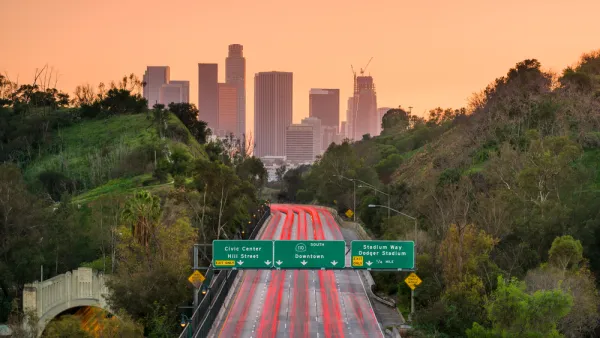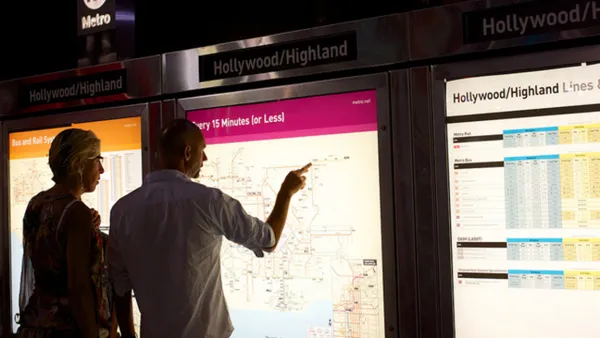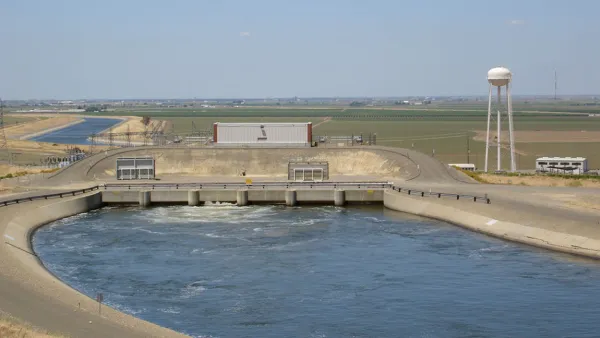Irvin Dawid discovered Planetizen when a classmate in an urban planning lab at San Jose State University shared it with him in 2003. When he left San Jose State that year, he took with him an interest in Planetizen, if not the master's degree in urban & regional planning.
As a long-time environmental activist, he formed the Sustainable Land Use committee for his local Sierra Club chapter and served six years on the Bay Area Air Quality Management District’s Advisory Council from 2002-2008. He maintains his interest in air quality by representing Sierra Club California on the Clean Air Dialogue, a working group of the Calif. Environmental Dialog representing business, regulatory and public health/environmental interests.
Major interests include transportation funding, e.g., gas taxes, vehicle miles traveled (VMT) fees, road tolls and energy subsidies that lead to unlevel playing fields for more sustainable choices.
He hails from Queens (Bayside) and Long Island (Great Neck); received an AAS in Fisheries & Wildlife Technology from SUNY Cobleskill and a B.S. from what is now Excelsior College.
After residing for three years on California’s North Coast, he’s lived on the San Francisco Peninsula since 1983, including 24 years in Palo Alto. Home is now near downtown Burlingame, a short bike-ride to the Caltrain station.
He’s been car-free since driving his 1972 Dodge Tradesman maxi-van, his means to exit Long Island in 1979, to the junkyard in 1988.
Major forms of transportation: A 1991 'citybike' and monthly Caltrain pass, zone 2-2. "It's no LIRR, but it may be the most bike friendly train in America."
Irvin can be reached at [email protected]
One Major Similarity in the Trump and Clinton Infrastructure Plans
Donald Trump's first major economic speech showed significant changes, including how he'd pay for his hefty infrastructure plan. Both he and Hillary Clinton will likely be relying on the same funding source.

Will California's Road Charge Fix California's Transportation Funding Shortfall?
California began the Road Charge Pilot Program on July 1 to see how participants would respond to being charged by the mile driven rather than by gallons of fuel consumed. Participants may now have received their first 'mock' invoices.

Opinion: What It Will Take to Fix Los Angeles Metro
If Los Angeles residents approve the $120 billion sales tax measure in November, focusing on walkable communities and offering fast, frequent transit service will be critical to its success.

Future of California's Climate Agenda in Peril
Legislation to reauthorize the California Global Warming Solutions Act of 2006 is in peril due to 'a powerful bloc of business-friendly Democrats' who are uneasy about its impact on businesses, particularly Big Oil, due to higher energy costs.

Will New Transportation Technologies Affect Lower Income Households?
Kevin Cashman, a Truthout researcher, asks in this op-ed if lower income people will not only be left out from the transportation technology revolution, e.g., EVs, AVs, car-hailing, but will they be hurt by it?

























